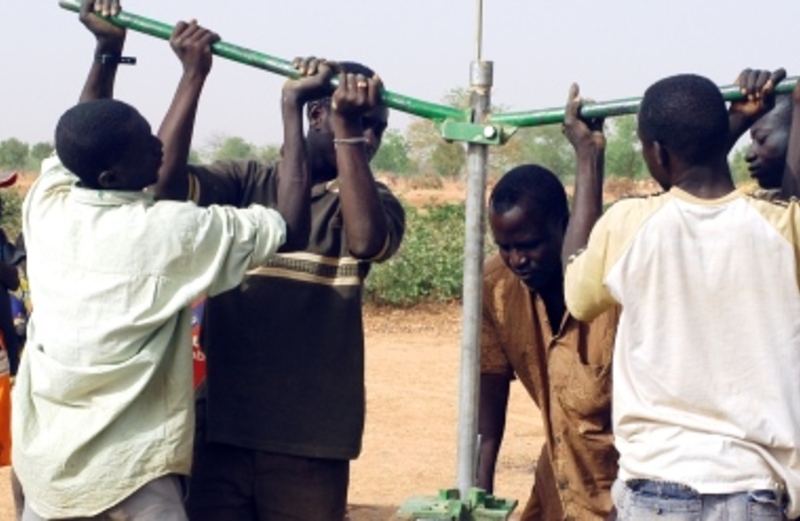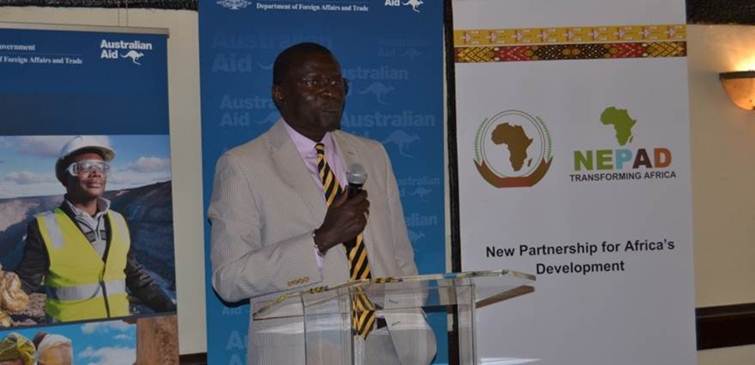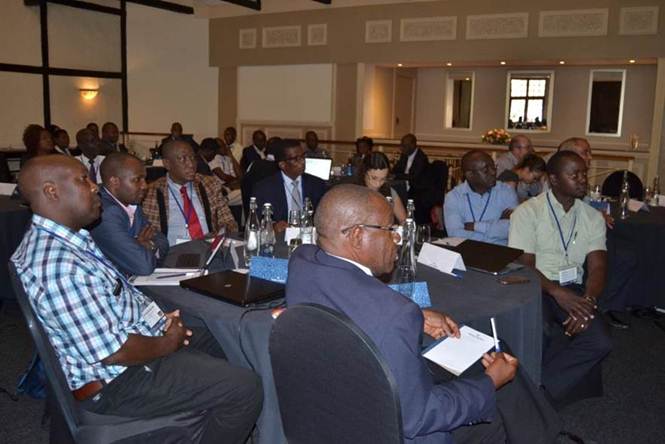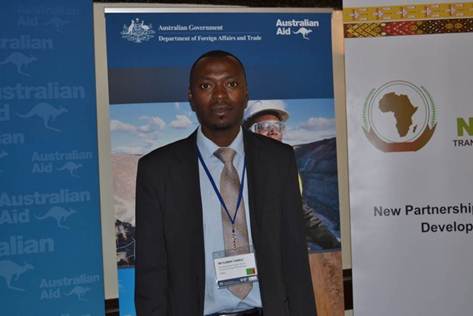Skills Development Programme launched to address Africa’s Infrastructure Development Challenges

The NEPAD Agency in partnership with Australian Aid has launched an Infrastructure Skills for Development Programme (IS4D) on Friday to build human capacity for the effective implementation of regional infrastructure projects.
Based on an approach proven to be a highly effective methodology for staff development, the programme targets 38 professionals in public sector agencies, from all over Africa, involved in delivering priority African infrastructure projects. The real-time package of support to be delivered to participants whilst they are 'on-the-job' will allow them to achieve the broader project management competencies necessary for them to effectively fulfil their role and fast-track the development and delivery of large scale infrastructure projects they are working on.
IS4D is an essential component to implement the Programme for Infrastructure Development for Africa (PIDA) which promotes the development of priority regional infrastructure. The 51 PIDA programmes and projects are spread across the four infrastructure sectors – Energy, Transport, Trans-boundary Water and ICT.

“There is no doubt that the IS4D Programme provides an excellent opportunity for the NEPAD Agency to capacitate the staff of the relevant infrastructure agencies and institutions with real, practical and the necessary skills needed to effectively implement PIDA projects,” said Mr Adama Deen, Head of the NEPAD Infrastructure Business Unit, during the opening remarks of the launch.

The 18 months training programme has selected five projects in the Economic Community of West African States (ECOWAS), East African Community (EAC) and Southern African Development Communities (SADC) regions, which have good prospects to accelerate momentum of PIDA.

“This training will enable us to better coordinate and manage power purchase agreements especially when we start implementing the Zambia, Tanzania Kenya Power Interconnector Project,” Mr Clement Chiwele (above), from the Ministry of Mines Energy and Water Development in Zambia, said.
Participants will be exposed to new competencies that are relevant and have immediate application to their work and will tackle real tasks in their own work setting. More importantly, the programme will provide the African public sector with the capacity to design and prepare bankable projects that lower risks and attract private sector participation therefore bridging Africa’s infrastructure gap.
